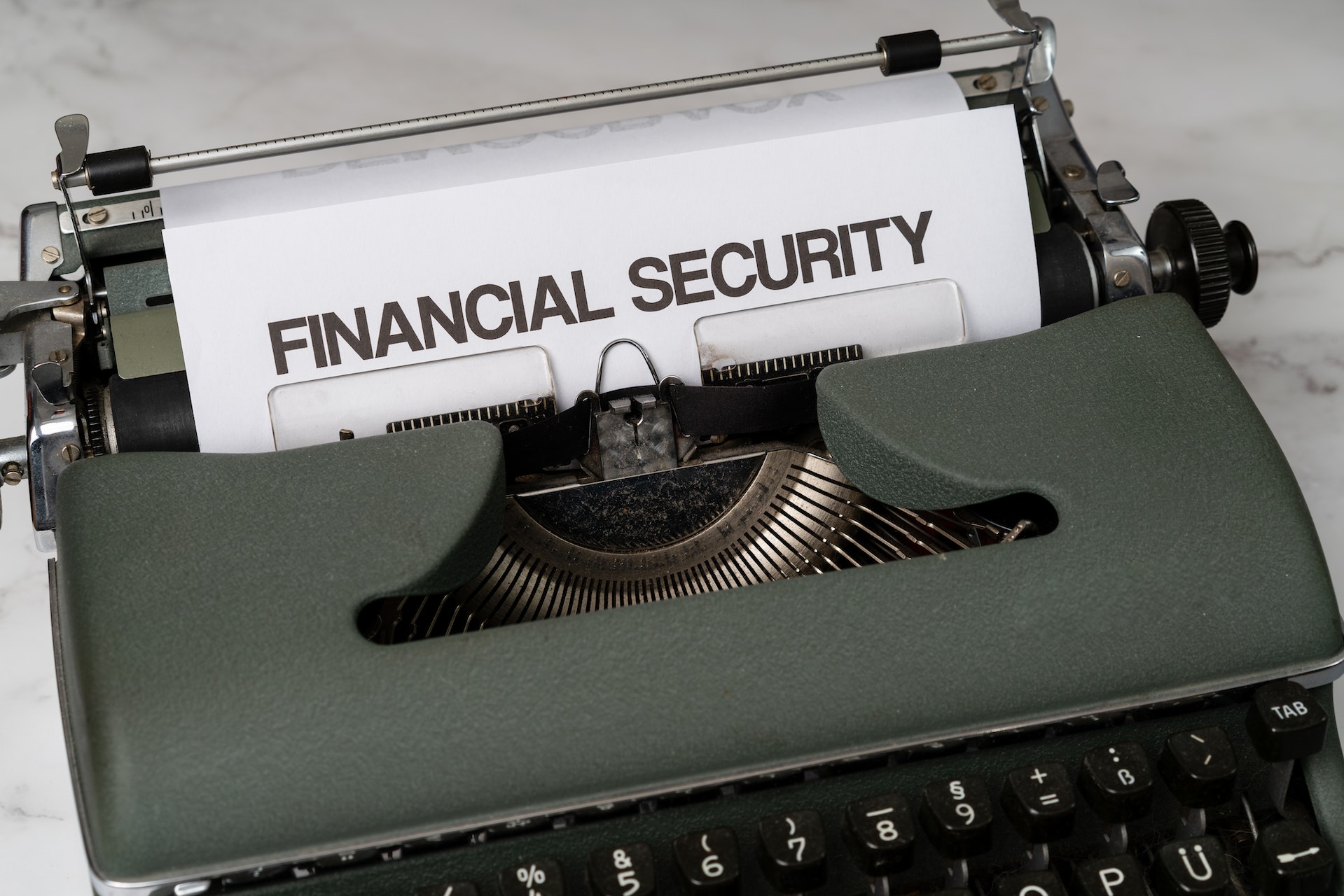
Life is full of uncertainties, as no one knows what tomorrow holds. Rich today, poor tomorrow, strong today, but you may be in a wheelchair the next day due to an accident. A friend in New York left home full of life and hope one morning, a few hours later, a call came in informing us he has been involved in a car accident and battling for his life in a hospital. Getting his insurance company to pay full deserving claim became the next huddle.
“Since most car accident victims aren’t familiar with New York car accident laws, insurance companies offer lower settlements than the victim deserves. But with a competent and experienced NYC car accident lawyer from law firms like The Barnes Firm in Manhattan, you can get all deserving insurance claims,” said an insurance expert.
Thankfully, my friend recovered fully, relying on his insurance claims for better healthcare and he is back to work. But did he ever expect such a new fatal accident? No.
The accident scenario is possible in all aspects of life; being health, relationship, and finances. Financially, numerous examples of people who were once wealthy, but later lived an impoverished life exist. What happened to them? Many things can disrupt your financial stability from bad financial management to wrong investments and bad lifestyle choices to business gone wrong and circumstances. But sometimes, a little bit of prudence can give you a lifeline during such situations. Proper financial management, a diversified investment portfolio, and having a planned future are, therefore, crucial for the future financial security of your family. So, let’s discuss ways to safeguard your future financial stability.
Table of Contents
Always have a budget
Keeping a budget is crucial to managing your finances and ensuring future financial stability and security. It helps you to plan your expenditure in a more productive way and limit unplanned spending. That is, at the end of the month, you already know how much you are spending on food and other consumables, rent, bills, loan payments if any, and savings.
With that being said, the budget planning process is also important. How much are you allocating to each need? How important are those allocations? When planning a budget, first prioritize your most important or urgent needs. As priorities differ from family to family, make something that suits you, and don’t copy blindly from others. Afterward, make a budget for your unurgent needs or wants. Make the expenses here as low as possible. Everything left should go into savings or investments.
Cut your bills
Understandably, every bill on your list is important, and paying them is non-negotiable. Your rent, utility bills, taxes, mortgage payment, and monthly subscriptions, among others, are all essential bills. But, can you work on cutting the cost of some bills? For example, you can cut your energy and water bills with prudent use. Installing energy-efficient lights and avoiding water wastage can save you some dollars.
Also, you can reduce the amount spent on gas for your car by limiting movement, and sometimes joining public transport. Any subscription that doesn’t add value to your life must be removed from your bill list.
Invest in health insurance
Good healthcare is one of the basic needs of life. Occasionally, the family must visit a health facility for general checkups. Also, as you grow old, you become susceptible to various health conditions. It is therefore essential to invest adequately in health insurance, to take cater to the family’s health needs. Health insurance comes in swiftly to cover bills and saves you a great deal in case of health emergencies.
Research and talk to some of the credible health and life insurance providers around. Go through their various insurance policies, offers, and terms and conditions. You can then sign on to packages that meet your healthcare and life needs.
Prepare for emergencies
Aside from your general savings, you should have an emergency fund, purposely for unplanned but urgent spending. This can be a little difficult to fund looking at the current challenging economic situation. However, no little money is too small for such an emergency fund.
The emergency fund can cushion you in times of crisis, like income cuts due to job loss, health situations not covered by your insurance, or emergency home maintenance after a storm or harsh weather conditions. For example, several job losses came with the Covid-19 pandemic, and people with no emergency plans suffered dire consequences. Your emergency fund should be at least three months of your monthly salary.
Make strategic investments
Your savings and emergency fund may not be able to save you in a long-term crisis. But the strategic investments you make can take you a long while. Many considerations should be made before choosing a type of investment. Do you want a short-term or long terms investment? What are your financial goals, wealth goals, and retirement goals? Also, consider your current take-home pay and expenditures, to help determine how much you have for investments.
Since you are planning for retirement financial securities, go in for long-term investments. Available options include buying stocks, bonds, real estate investment (passive or active), value stock, and target-date stock. In addition, contribute to retirement funds, both mandatory and optional ones. Some employers have specialized in-house packages for workers, which you can contribute to. Other retirement plans like IRA plans, Solo 401 (k), and traditional pension plans are also options to choose from.
You should diversify your investment portfolio in a way that, a shock in one end wouldn’t crush your whole empire. In addition, consider inflation when investing.
The bottom line
Achieving financial stability is not an event but a process that requires consented effort and plans. You need to make several adjustments and sacrifices in agreement with your family. Live within your means, cut down unnecessary expenses, manage your debt well and diversify your investment portfolio.



